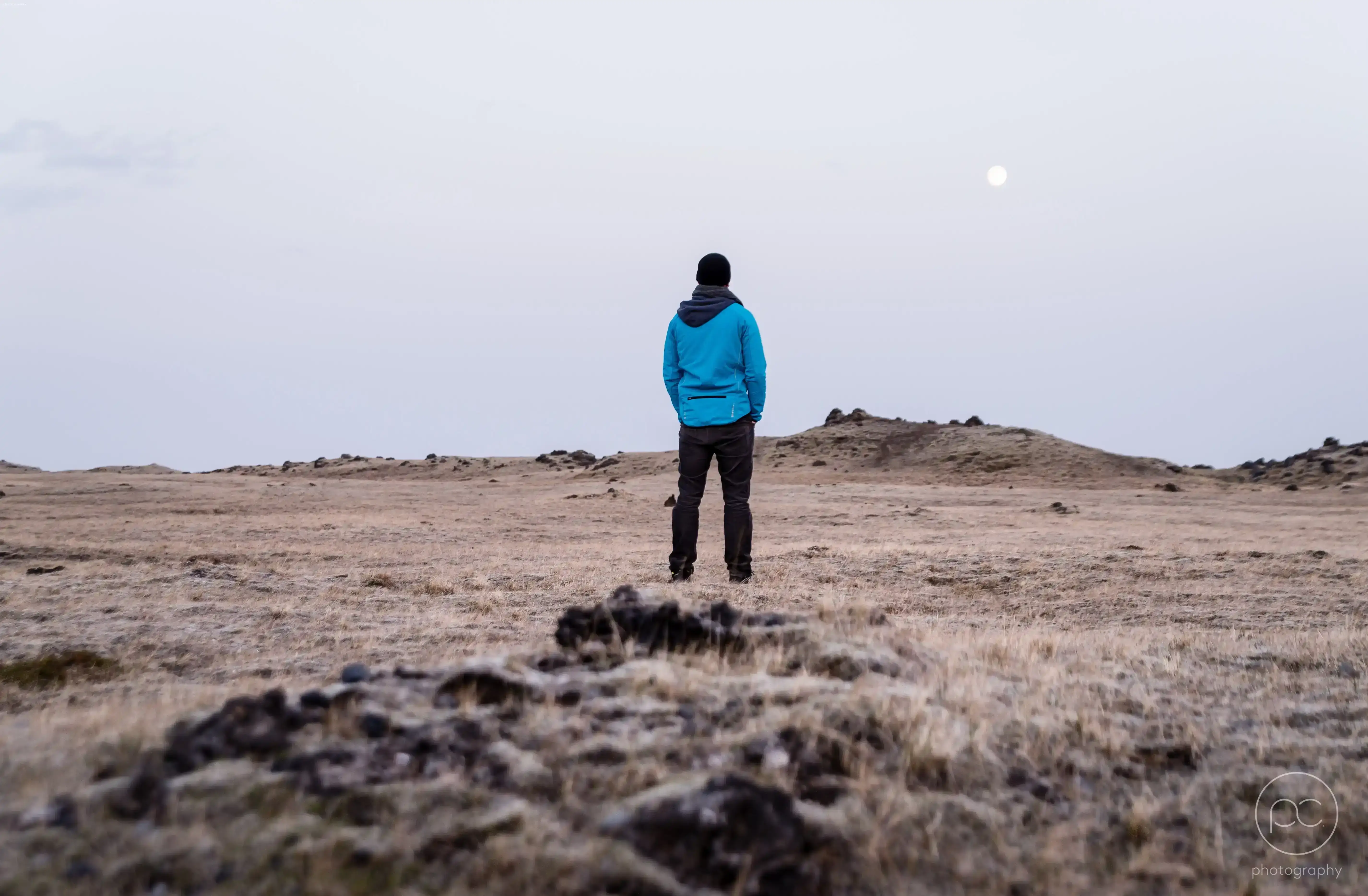4 min to read
Hiking 101: Everything You Need to Know Before You Hit the Trails

Hiking is a wonderful way to immerse yourself in the outdoors, enjoy nature, and improve your health and fitness. But if you’re new to hiking, you might have some questions about how to get started, what to pack, and where to go. Don’t worry, we’ve got you covered with this comprehensive guide to hiking for beginners. Here are some essential tips and advice to help you plan your first hike and have a great time on the trail.
 1. Find a hiking partner or group.
1. Find a hiking partner or group.
Hiking with someone else is not only more fun, but also safer. You can share the experience, help each other out, and have someone to rely on in case of an emergency. If you don’t have any friends who hike, you can join a local hiking club, an online group, or sign up for a guided hike with REI Experiences or other organizations. Hiking alone is not recommended for beginners, as it can be risky and lonely.
 2. Choose a suitable hike for your level and goals.
2. Choose a suitable hike for your level and goals.
There are many factors to consider when picking a hike, such as distance, elevation gain, difficulty, terrain, scenery, weather, and season. As a beginner, you should start with easy hikes that are under 5 miles long and have less than 250 feet of elevation gain per mile. You should also research the trail conditions, regulations, and features before you go. You can use guidebooks, websites, apps, word of mouth, or local experts to find and choose hikes that match your preferences and abilities.
 3. Gear up with the essentials.
3. Gear up with the essentials.
Having the right gear can make your hike more comfortable, enjoyable, and safe. You don’t need to spend a fortune on fancy equipment, but you do need some basic items that will help you deal with various situations on the trail. Here are some of the essentials you should pack for every hike:
 3. A backpack that fits well and has enough space for your gear
3. A backpack that fits well and has enough space for your gear
Even if you are going on a short hike, you should always carry the 10 essentials with you. These are items that can help you survive in case of an emergency or an unexpected situation. The 10 essentials are
- Navigation (map, compass, GPS)
- Sun protection (sunscreen, hat, sunglasses)
- Insulation (extra clothing layers)
- Illumination (headlamp, flashlight)
- First-aid kit
- Fire (matches, lighter, fire starter)
- Repair kit (knife, duct tape, tools)
- Nutrition (extra food)
- Hydration (extra water)
- Emergency shelter (tent, tarp, bivy)
 4. Dress appropriately for the weather and season.
4. Dress appropriately for the weather and season.
Check the weather forecast before you go hiking and dress accordingly. You should avoid cotton clothes that absorb moisture and make you cold and wet. Instead, opt for synthetic or wool fabrics that dry quickly and keep you warm even when damp. You should also dress in layers that you can easily add or remove as needed. A good layering system consists of three parts:
- A base layer that wicks sweat away from your skin
- A mid layer that insulates you from the cold
- An outer layer that protects you from wind and rain
 5. Follow the Leave No Trace principles.
5. Follow the Leave No Trace principles.
Hiking is not only a recreational activity but also a responsibility. You should respect the environment and other people on the trail by following the Leave No Trace principles.
These are seven guidelines that help you minimize your impact on nature and preserve it for future generations. They are:
- Plan ahead and prepare: Know the area and the rules before you hike. Follow the regulations of the park or land manager.
- Avoid hiking during peak times or in sensitive areas. Prepare for emergencies and changing conditions.
- Travel and camp on durable surfaces: Stay on established trails and campsites.
- Don’t cut switchbacks or create new paths.
- Avoid trampling vegetation or disturbing wildlife habitats.
- Dispose of waste properly: Pack out what you pack in. Don’t litter or leave anything behind. Bury human waste in a hole 6 inches deep at least 200 feet away from water sources. Use biodegradable soap and rinse water sparingly.
- Leave what you find: Don’t take anything from nature such as rocks, plants, flowers, fossils
Have fun and enjoy the views. Hiking is a rewarding and enjoyable activity that can enrich your physical and mental health. Don’t forget to have fun and appreciate the beauty of nature along the way. Take breaks, drink water, snack often, and take pictures of the scenery. Hiking is not a race or a competition; it’s an adventure.




Comments